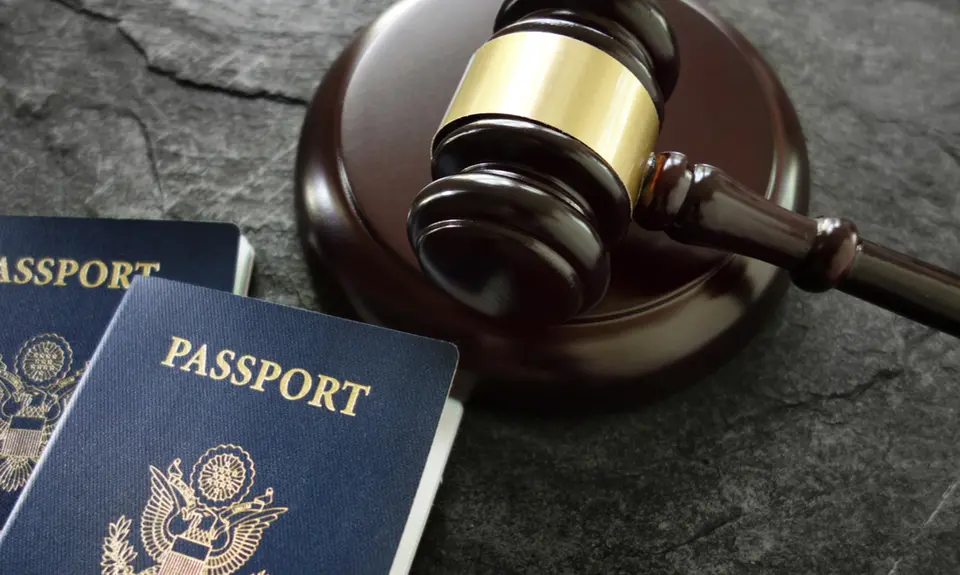In February 2019, Trump Second Circuit Judge Richard Sullivan dissented in a 2-1 decision and voted against an individual’s Fifth Amendment right to receive accurate deportation information prior to entry of a guilty plea.
Jimmy Lozano was born in the Dominican Republic and came to the U.S. with his family when he was 12 years old. His mother became a naturalized U. S. citizen when he was 19 years old. Children of naturalized citizens can also become U.S. citizens before they reach the age of 18. After his mother’s naturalization, Lozano applied for and obtained a U.S. passport. He was even able to renew his passport through the State Department without incident.
Two years after obtaining his initial U.S. passport, Lozano pleaded guilty to a robbery charge and was sentenced to fewer than three years in jail. The pre-sentencing report for that conviction noted that Lozano was a citizen of the Dominican Republic but, at sentencing, the prosecutor stated he believed Lozano was a U.S. citizen.
Eleven years later, Lozano pleaded guilty to a separate drug offense. Before he was sentenced for that offense the State Department sent Lozano a letter revoking his passport because the passport had been issued in error. After that sentencing, Lozano received a deportation notice indicating that he was not a U.S. citizen and was subject to deportation based on his robbery conviction.
Lozano filed a petition with the district court to vacate the robbery conviction. He contended that the robbery conviction was in violation of his right to due process because he was misinformed about the deportation implications to his plea and was misled about his immigration status. While noting that the cases under the Fifth Amendment now recognize a right to accurate deportation information prior to entry of a guilty plea, the district court ultimately denied his petition and Lozano appealed.
The majority in Lozano v. U.S. explained that Congress enacted significant changes to immigration law that shifted deportation from being a remote consequence of certain convictions to being a virtually certain consequence of convictions. The majority sent the case back to the district court because they concluded the district court failed to determine two issues: whether there was an inquiry to determine whether Lozano was a citizen of the United States and whether Lozano would have pleaded guilty had he known he was subject to deportation.
Judge Richard Sullivan disagreed with the majority’s decision. He argued that deportation is not a direct but a collateral consequence of a conviction and the district court is not required to explain the immigration consequences of a plea.
